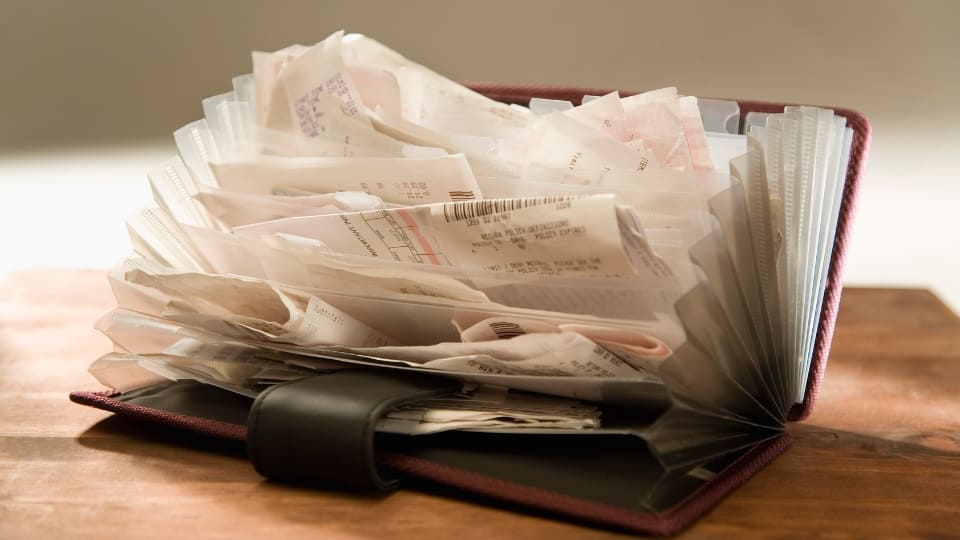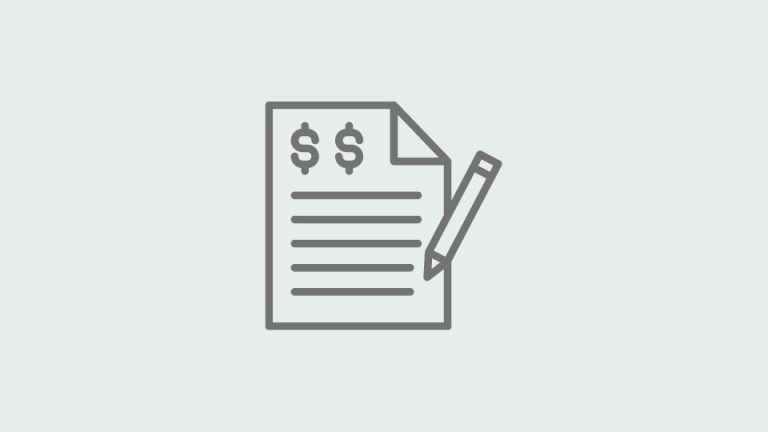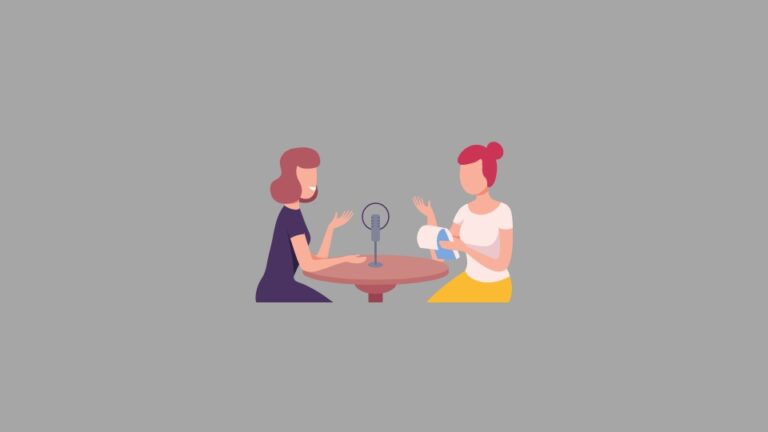What to Do if Landlord Refuses to Give Rent Receipts?
Are you a renter paying your landlord’s rent but still waiting to receive rent receipts? Rent receipts are essential documents that serve as proof of payment and assist tenants in claiming deductions on their tax returns. Regrettably, some landlords refuse to provide rent receipts, which can result in disagreements and legal problems. This post is for you if you’re in a similar predicament and need help figuring out what to do. This tutorial will explain rent receipts, why they are important to tenants and landlords, and what to do if your landlord refuses to provide you with one. At the end of this post, you’ll better understand your rights as a renter and how to protect yourself in the event of a dispute.
What exactly are rent receipts?

Rent receipts are necessary documents that record a tenant’s payment of rent to a landlord. They act as payment proof and a clear record of payments that can be utilized to resolve any issues. There are two kinds of rent receipts: physical receipts and electronic receipts. Electronic receipts are sent through email or text, while physical receipts are printed on paper. Both sorts of contracts are equally valid and legally binding.
A standard rent receipt includes the payment date, the amount received, and the landlord’s name and signature. This data verifies that the rent was paid in full and on time. A rent receipt may also include the address of the rented property, the tenant’s name, and the payment method utilized.
Generally, rent receipts are essential for tenants to keep track of their rent payments and defend their rights as tenants. In some states, landlords are compelled by law to issue tenant rent receipts. In the following part, we’ll explain why tenants should keep their rent receipts.
Why Should Tenants Keep Rent Receipts?
Rent receipts are a simple pieces of paper, but they are essential to tenants. Here are some of the reasons why tenants should keep their rent receipts:
Payment Evidence
One of the key reasons tenants should keep rent receipts is to have proof that their rent was paid on time and in full. Rent receipts are especially useful when paying in cash because they serve as a physical record of the transaction.
Tax Returns
Rent receipts are particularly essential when filing taxes because tenants can claim rent deductions on their tax returns. Tenants must submit proof of rent payments received during the year in order to claim these deductions, and rent receipts are an accepted form of paperwork.
Tenant Conflicts
Rent receipts can assist in resolving rent payment disputes with landlords. Tenants can use rent receipts as proof of payments to the landlord in the event of a rent dispute.
Establishing a Positive Tenant-Landlord Relationship
Rent receipts can also assist tenants in establishing trust and transparency with their landlords. Tenants can demonstrate that they are reliable and trustworthy by keeping a record of their rent payments, which can help develop a good connection with the landlord.
Tenants should always keep rent receipts since they give actual documentation of rent payments, assist with tax filings, and can be valuable in resolving any problems with the landlord. Furthermore, keeping track of rent receipts can assist tenants in developing a healthy relationship with their landlords based on trust and transparency.
Is a Landlord Required to Provide a Rent Receipt?

As a tenant, you may wonder if your landlord is legally obligated to provide you with a rent receipt. The answer is complicated and depends on various factors, including state regulations and payment methods.
In some states, landlords are required by law to provide rent receipts to renters. Rent receipts are required by law in Washington, Maryland, and New York, for example, if the tenant pays in cash. Some states may not have such rules, but landlords must produce invoices upon request from tenants. For example, California, Florida, and Texas are among the states that compel landlords to provide receipts whenever a renter requests one.
In contrast, certain jurisdictions, like Massachusetts, require landlords to furnish a rent receipt in all circumstances. Regardless of state legislation, requesting a receipt from your landlord after making a rent payment is always a good idea.
What Should You Do If Your Landlord Refuses to Provide You with a Rent Receipt?
Contact with Landlord
The first step is to talk with your landlord if they refuse to provide you with a rent receipt. You can send a written notice to the landlord requesting a receipt for previously paid rent. Sometimes landlords forget to provide a receipt or are unaware of the significance of rent receipts for tenants.
Recording Rent Payments
If your landlord refuses to furnish you with a rent receipt, you should begin documenting your monthly payments. One method is to pay your rent by cheque, demand draught, or electronic transfer, in which case your bank statements will show verification of lawful rent payment to the landlord.
Seeking Legal Counsel
If the landlord refuses to provide a rental receipt, you may either send a legal notice or file a complaint with the rent control court per the lease agreement. Obtaining legal counsel should be a last resort, but it is critical to understand your rights as a renter and to take action to safeguard them.
The Value of Rent Receipts to Landlords and Tenants
The Advantages of Having Rent Receipts for Tenants
Rent receipts serve as documentation of payment for tenants, which can be helpful when dealing with lease issues or claiming tax deductions for rent paid. Furthermore, rent receipts can assist tenants in developing positive relationships with their landlords by establishing transparency and confidence. Rent receipts also record a tenant’s renting history, which can be important for future reference. For example, tenants may be required to give rental history information, such as rent amounts and payment dates when applying for a new rental property. Finally, rent receipts can assist tenants in claiming housing rent allowance (HRA) benefits from their employers, which can be a substantial financial gain.
The Advantages of Giving Rent Receipts to Landlords
On the other hand, landlords gain from delivering rent receipts to their renters. Rent receipts assist landlords in keeping track of all rent payments made by renters for record-keeping and tax purposes. Rent receipts also assist landlords in meeting state regulations to provide receipts to tenants. Rent receipts are easy for landlords with vacation properties to track rental history, including dates, amounts, and tenant information. Furthermore, sending rent receipts to tenants can assist landlords in maintaining a professional image and developing confidence with their tenants.
Rent Receipts for Tax Purposes
Rent receipts are necessary documents for both tenants and landlords, not just for record-keeping but also for tax purposes. Rent receipts are essential for rental property owners to keep appropriate tax records on their investment properties. Rent receipts should be kept for at least seven years to assist in tracking rental income and costs and to support any deductions or credits claimed on federal tax returns.
Furthermore, tenants who get House Rent Allowance (HRA) benefits from their employer must provide rent receipts as proof of payment to their landlord. If the annual rent exceeds Rs.1,00,000/year, the landlord must declare the landlord’s PAN (Permanent Account Number) to claim HRA exemption.
It’s vital to remember that sending rent receipts for tax purposes has a deadline. Rent receipts for all months for which the tenant claims HRA must be provided to the employer by the end of the fiscal year or as specified by the employer. To minimize issues while submitting their tax returns, tenants should ensure they get rent receipts from their landlords on time.
How to Complete a Rent Receipt
Rent receipts are essential documentation that landlords must deliver to tenants after each rent payment. They are necessary for tenants and landlords since they serve as proof of payment and aid in maintaining correct financial records. This section will review how to fill out a rent receipt.
How to Fill Out a Rent Receipt
- Collect the money: Only sign a rent receipt after you have received money from the tenant. Collect the payment and ensure that it is equal to the amount owed.
- Please provide the following information: Once the payment has been collected, complete the payment date to record when it was received. Include the amount paid as well as the tenant’s name. Include your landlord’s information, including your name and address, in the upper left corner of the receipt.
- Sign the receipt as follows: To confirm receipt of payment, the landlord should sign the receipt. This proves that the tenant paid the payment and helps avoid arguments about lost or late payments.
- Give the tenant a copy: Once you’ve completed the rent receipt, provide the tenant with a copy. This will allow them to keep accurate records of their rental payments, which can later be used as proof of payment.
Filing up a rent receipt is a straightforward step that benefits tenants and landlords. Landlords can keep accurate financial records and tenants can have proof of payment if they follow the abovementioned methods.
FAQs
Are rent receipts necessary?
Rent receipts are essential for both tenants and landlords. These provide as proof of rent payment for tenants and are helpful for tax purposes. Rent receipts assist landlords in keeping track of rental income and expenses while also meeting statutory standards (in some cases).
Is it necessary for a landlord to give receipts for deposit deductions?
Yes, landlords must give tenants a complete summary of security deposit deductions. This list should indicate the amount and reason of each deduction and any outstanding balance due to the renter.
Is a monthly rent receipt required?
The state and the rental agreement between the tenant and landlord determine it. Some states require landlords to furnish rent receipts for all payments, while others demand them only upon request. Tenants should always request a receipt to keep track of their payments.
Conclusion
Finally, rent receipts are an essential part of renting for both landlords and tenants. They give a payment record useful for tax purposes, tenancy issues, and establishing confidence between the two parties. While landlords are required by law in some places to furnish rent receipts, tenants can always request them.
If a landlord refuses to give a rent receipt, tenants can speak with them in writing, document rent payments, and, if necessary, seek legal assistance. Filling up a rent receipt is a simple process that necessitates the payment date, amount, and landlord information.
Ultimately, rent receipts are a helpful tool that can assist both landlords and tenants in keeping track of their rental transactions while maintaining a professional connection.






